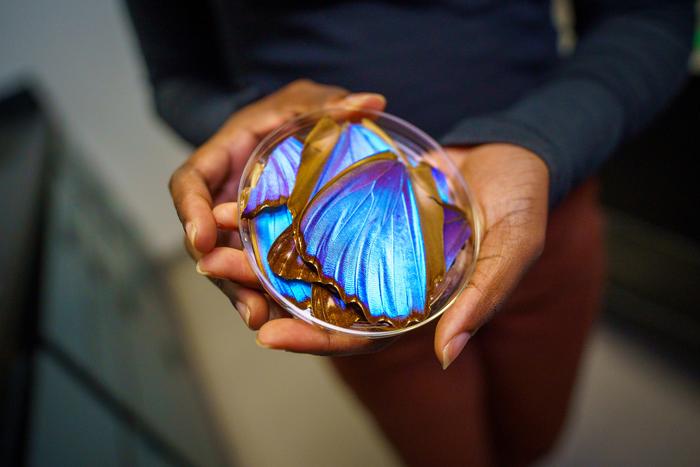Biologic therapy represents an area in cancer treatment that leverages the body’s natural defenses to combat disease. This approach builds on the principles of immunotherapy, utilizing biological substances to treat cancer effectively. Here is more information on this therapy, how it works, what cancer is, and how this treatment can help:
What Is Biologic Therapy?
Biologic therapy, also referred to as immunotherapy, is a form of cancer treatment that utilizes substances derived from living organisms to bolster the body’s immune response against cancer cells. These substances may include vaccines designed to target and destroy cancer cells more effectively. Unlike traditional cancer treatments, such as chemotherapy or radiation, biologic therapy aims to harness the body’s natural defense mechanisms by stimulating or modifying the immune response.
What Does the Process Involve?
The process typically begins with a comprehensive evaluation by a healthcare team. This helps determine the therapy’s suitability for a patient’s specific type of cancer. Based on the diagnosis, a specialist may recommend an approach involving laboratory-produced proteins or other biological agents.
Treatment is often administered as an adjunct to surgery or as an injection. Sessions may occur in a clinic or outpatient setting, depending on the type of biologic agent used. Throughout the process, medical professionals monitor the patient’s response to therapy, adjusting the treatment plan as necessary to optimize its effectiveness and minimize possible side effects.
What Is Cancer?
Cancer is a disease characterized by the uncontrolled growth and spread of abnormal cells within the body. These cells can form tumors, invade nearby tissues, and even metastasize to distant areas of the body. There are numerous types of cancer, each with distinct features, behaviors, and treatment protocols.
Cancer disrupts normal cellular functions and can interfere with the body’s key processes. It is not a single disease but an umbrella term used to describe many different conditions that share the common theme of unregulated cell growth. Early detection and tailored treatment help manage the condition effectively.
What Are the Causes and Symptoms?
The causes of cancer are diverse and multifactorial. Genetic mutations, environmental exposures, and lifestyle factors such as tobacco use, diet, and physical activity all play a role. Hereditary conditions and prolonged exposure to carcinogens like ultraviolet radiation or hazardous chemicals may further increase the risk of developing cancer.
Symptoms vary based on the type and location of the cancer. Common warning signs include:
- Unexplained weight loss
- Persistent fatigue
- Changes in skin appearance
- Prolonged pain
- A lump that does not go away
How Does Biologic Therapy Treat Cancer?
Biologic therapy employs the body’s own immune system to target and eliminate cancer cells. It can work in various ways, depending on the specific agent used. Some forms of this therapy aim to prompt the immune system to recognize specific tumor antigens, thereby creating long-term immunity against cancer recurrences. Others inhibit angiogenesis, effectively starving cancer cells of the nutrients and oxygen they need.
The versatility of biologic therapy lies in its capacity to target specific mechanisms of cancer progression while preserving healthy tissues. This approach makes it a valuable addition to many treatment regimens. Consulting a specialist helps determine if this treatment is right for you.
Speak to an Orthopaedic Surgeon Today
Biologic therapy represents a valuable tool in the fight against cancer, offering tailored and precise treatment options that align with advancements in medical technology. By understanding its capabilities and processes, patients can explore new treatment possibilities in conjunction with their healthcare team. If you or someone you know is interested in learning more about this therapy, contact an orthopedic surgeon for personalized guidance.
- Preparing for Thyroid Surgery and Understanding the Recovery Process
- Understanding the Connection Between Depression and Chronic Illness
- The Role of Preventive Care in Federal Dental Coverage
- Natural Supplements for Hemorrhoid Relief
- How an Optometrist Can Help with Presbyopia and Age-Related Vision Changes


Leave a Reply